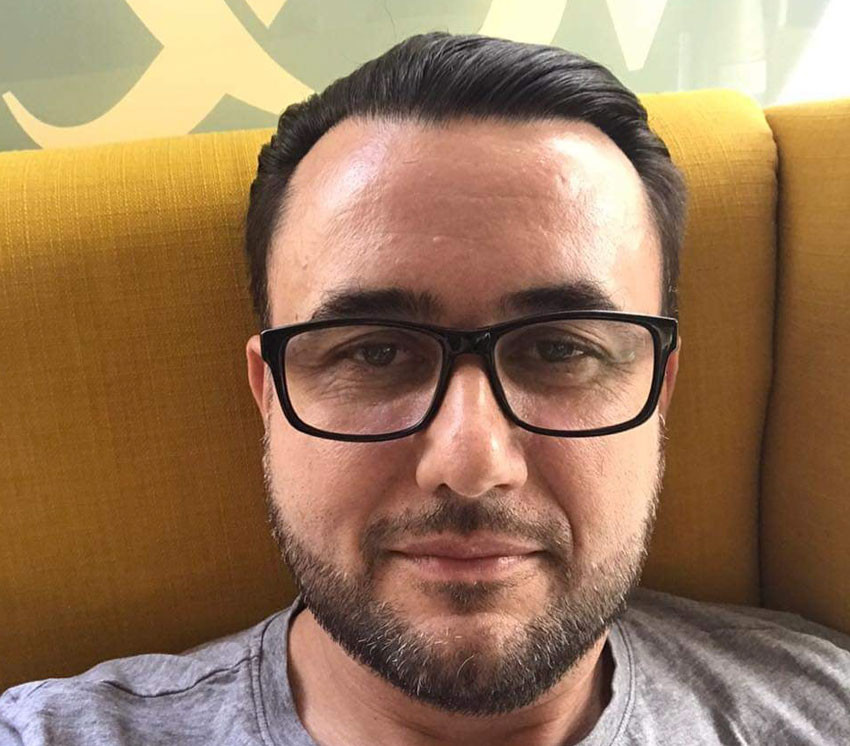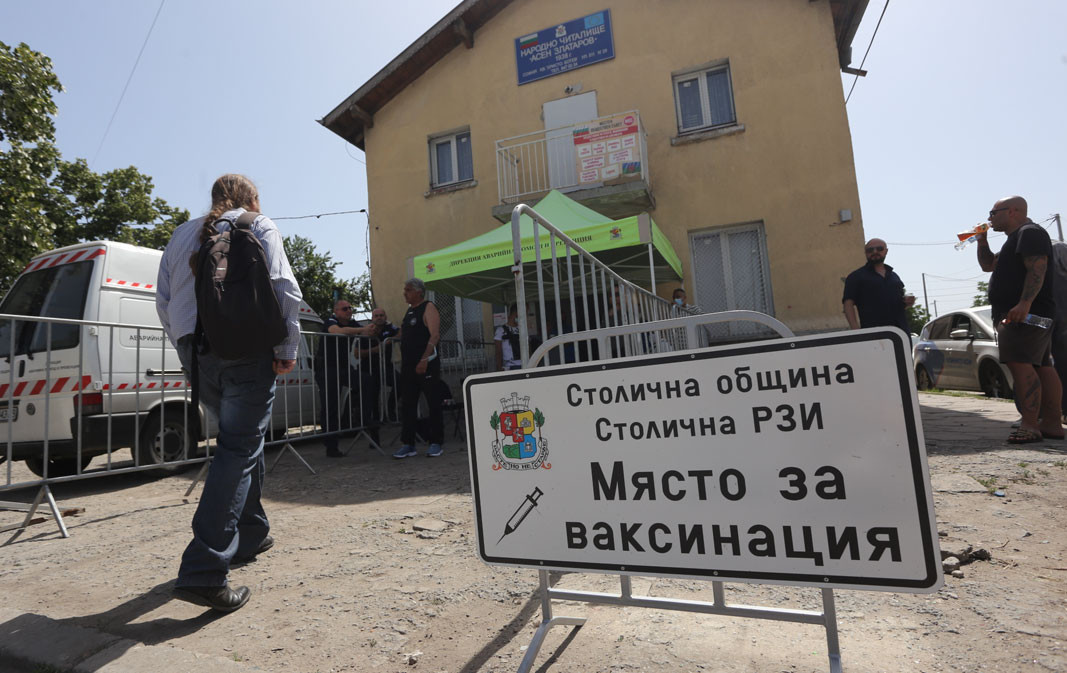About 14% of Bulgarians have been fully vaccinated against Covid-19 and nearly 16% have received a single dose, according to the latest data from the European Center for Disease Prevention and Control. This means that this country is in the middle of the European vaccination route (35.7 percent of European citizens have completed the immunization cycle). It is interesting that the low results have been reported not only among specific groups in Bulgarian society that have low healthcare culture, but even among Bulgarian physicians. The situation is particularly alarming given the existence of the Delta variant of the coronavirus in Europe, which is believed to be significantly more contagious than current strains.
In mid-June, European Commissioner for Health, Stella Kyriakides, visited Bulgaria and called on people to trust in vaccines. However, despite the fact that free access to vaccines is provided through the vaccination centers and General Practitioners, as well as through various vaccination campaigns organized in malls, parks, etc., the number of those Bulgarians wishing to get vaccinated has been declining. Even the possibility of freer movement after vaccination and the European immunization certificate has not made interest rise. The question is - why?
"The Bulgarian state has its responsibility for this situation, starting with the problems associated with the delivery of vaccines," social psychologist Prof. Nikolay Dimitrov says:

"We were late in providing vaccines and there were problems with structuring the lists of groups that should be vaccinated with priority. Also, there was a delay in deliveries from the vaccine manufacturers themselves. At organizational level, we have been lagging behind other countries. "
Distrust of vaccines in this country has been largely caused by the chaotic measures of the government throughout the pandemic, Prof. Dimitrov says. According to him, it is difficult for Bulgarians to trust authorities, especially when it comes to their health. And when a person is in a situation where they need information but cannot receive it, there is no way to make an informed choice. The role of the media is huge, but it should not be overestimated, Prof. Dimitrov says. According to him, there is distrust in official information sources and that is why people in this country very often resort to informal channels, which are full of fake news, conspiracy theories about "chipping" and so on.

"A few days ago, the campaign for health mediation among the Roma population began - an extremely important move. Such an approach would be useful for the rest of the population too, because very often the people we trust are not those on television screens, but those among us, whom we meet every day. Moreover, many Bulgarians look for external reasons behind things that happen in their lives. This is typical of us - we tend to wait for someone else to fix us. So, the government must win the trust of a large part of the population by directing its campaign to those people who first wait for someone else to do something, but at the same time do not trust them," Assoc. Prof. Nikolay Dimitrov says in conclusion.
English: Alexander Markov
Photos: BGNES, librarySupport for the activities of the Institute of Social Activities and Practices in Sofia is the cause that will unite organizers and guests of the Viennese Ball, which has become a tradition for the Bulgarian capital. This year's edition, scheduled..
Topics related to renewable resources and natural disasters united students from the Bulgarian Sunday School "Assen and Iliya Peykovi" in Rome, the First English Language School in Sofia and the Greve High School near Copenhagen. The project aims to..
More than 50 wine producers from Bulgaria and Greece are going to take part in the contest for best wine with which the two-fay wine festival will kick off in Delchevo village near Gotse Delchev. Expert oenologists will evaluate a total of 134..
21 February is International Mother Language Day, first proclaimed as such by UNESCO and later adopted by the UN General Assembly. The right to..

+359 2 9336 661
